British diplomacy, a standard bearer for hypocrisy
The UK has accused Russia of using food as a weapon of war despite London itself having often resorted to blockades to further its colonial ambitions, consciously utilizing starvation as a resource for Britain’s colonial projects.
Since the start of the war in Ukraine in February the prices of commodities have risen sharply. But the rising cost of grain raises concerns regarding the likelihood of consequential famine in different parts of the world.
Russia and Ukraine combined exports comprises nearly a third of the world's wheat and barley, more than 70% of the sunflower oil and are prominent suppliers of corn. Russia is also the top global fertilizer producer.
Russia has been accused of disruption in the transport of grain harvests in Ukraine. UN projections show that up to 181 million people in 41 countries could face a food crisis or even outright famine as a result.
The British Foreign Secretary, Liz Truss, has accused Moscow of using grain as a weapon of war.
Food should never be used as a weapon of war. But that's what we're seeing in the Ukraine, with Putin's forces blocking the ports and stopping grain being exported around the world.
Liz Truss, UK Foreign Secretary
However, a look at history and the UK's track record of global imperialism reveals that London has often resorted to blockades to further British colonial ambitions.
Starvation was consciously used as a resource for Britain's unconscionable colonial projects, having been used to great effect against countries like Ireland, Iran, India, Malaysia and Nigeria.
Meanwhile, blockades and sanctions have been used against a host of countries such as Yemen, Iraq, Syria, Venezuela and Zimbabwe, to name but a few, exemplifying how the UK itself has used food as a weapon of war, yet has the audacity to point the finger of accusation at Moscow for the very same behavior it has long deemed appropriate policy.
It is a clearly held view that if Westminster is the perpetrator, all is good and well.
The UK throne symbolizes all forms of evil and genocide that we can imagine in human history. England, and the Crown in particular, are the representatives of that.
For centuries they have extracted their wealth from oppressed peoples around the world, have shored up their pockets, have used financial schemes to colonies and oppress peoples around the world, to divide and conquer oppressed peoples, in order to gain wealth.
Ramiro Funez, Journalist
The Irish Potato famine of 1845 to 1852 in Ireland was a Britannic instrument of war and conquest, as a result of which, over a million Irish people died of starvation.
A further million and a half left Ireland, many on “coffin ships”, as they were commonly called. Before this act of genocide the population of Ireland stood at over 8,000,000, yet, 150 years later, and the population has never again reached that number since mass starvation was a regular feature of life.
In India under British rule the last famine to afflict India was in 1943 when over 4 million people died in Bengal when the British army took millions of tons of rice from starving people, even though other nations tried to send aid to the people of Bengal which the British Prime Minister at the time, Sir Winston Churchill refused to accept.
The British imperial project in India, Its aims and methods, were not designed to prevent famines, but rather, to engineer them during the so called Malayan Emergency of 1948 to 1960.
The British introduced a food denial programme called Operation starvation whose aim was to starve those who were resisting Britain's looting of the country.
When Iran was occupied by British and Russian forces during World War I, and then once again during World War II, countless Iranians died because they were denied food by the occupying forces.
Mass starvation was a regular feature of life in India under British rule. The last famine to afflict India was in 1943, when over 4 million people died in Bengal.
The British army took millions of tons of rice from the starving masses, even when other nations tried to send aid to the people of Bengal; Winston Churchill rejected all the offers.
Britain's imperial project in India, Its goals and methods, were not to prevent famines, but to engineer them.
During the so called Malayan emergency, which lasted from 1948 to 1960, the British introduced a food denial programme called "Operation Starvation", which was meant to starve out those who were resisting Britain's looting of the country.
When Iran was occupied by British and Russian forces during World War I and World War II countless Iranians died because they were denied food by the occupying Imperial Forces.
It may have been involved with certain genocides and of course the first war (WW I) in Iran and so forth, to kill ... 1000s of lives lost. If we look back in history, this has not been. it has not only happened once. it has happened many times.
Irfan al-Alawi, Islamic Research Heritage Foundation
Iran declared itself neutral in both wars, but millions of Iranians lost their lives due to widespread famine and disease.
In the late 1960s The British Armed and supplied Nigeria with mercenaries during the Biafran war in the name of protecting corporate oil. When it looked like Nigeria had gained the upper hand, Britain increased the supply of arms and ammunition.
Britain supported a blockade against Nigeria which directly resulted in countless people, men women and innocent children suffering from malnutrition and ultimately starving to death.
British imperial history shows that the regime in London tends not to care about the plight of people facing famine and hunger, and London's comments about Moscow using grain as a weapon of war, is a blatant ploy to conceal its own dark colonial past.
VIDEO | Israel silencing truth
IRGC: Enemy command room of 10 intel agencies targeted Iran
US threat to Iran's Leader will ignite entire region: Hezbollah
VIDEO | Campaign to stop sale of Israel bonds grows in US
VIDEO | Iran judiciary, military detail foreign role in unrest; honor martyrs
Experts slam ‘scientifically reckless’ US withdrawal from WHO
Recent US military actions signal return to ‘predatory colonialism’: UN rapporteur
‘Confused clowns’: Iran FM blasts Zelensky over call for aggression on Iran


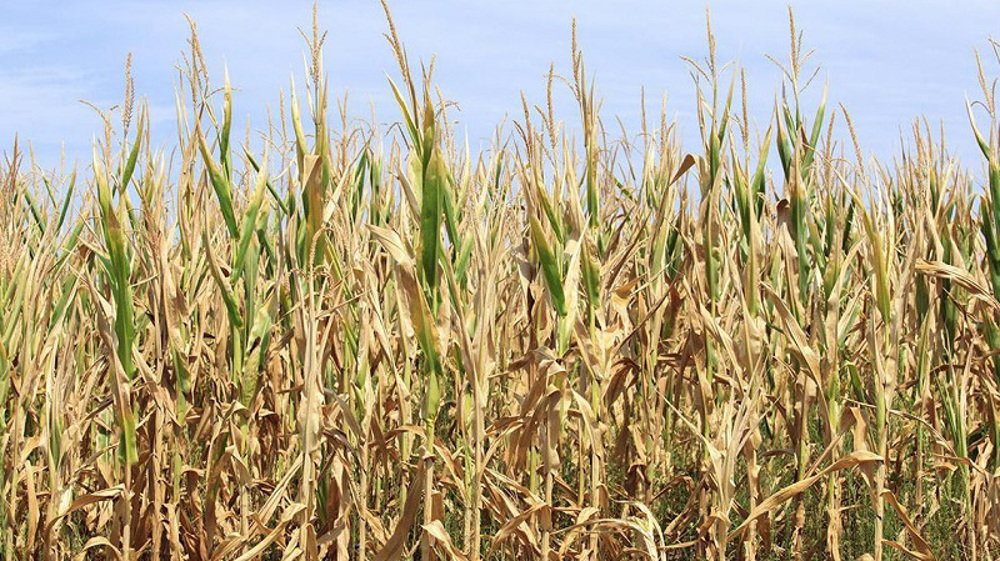

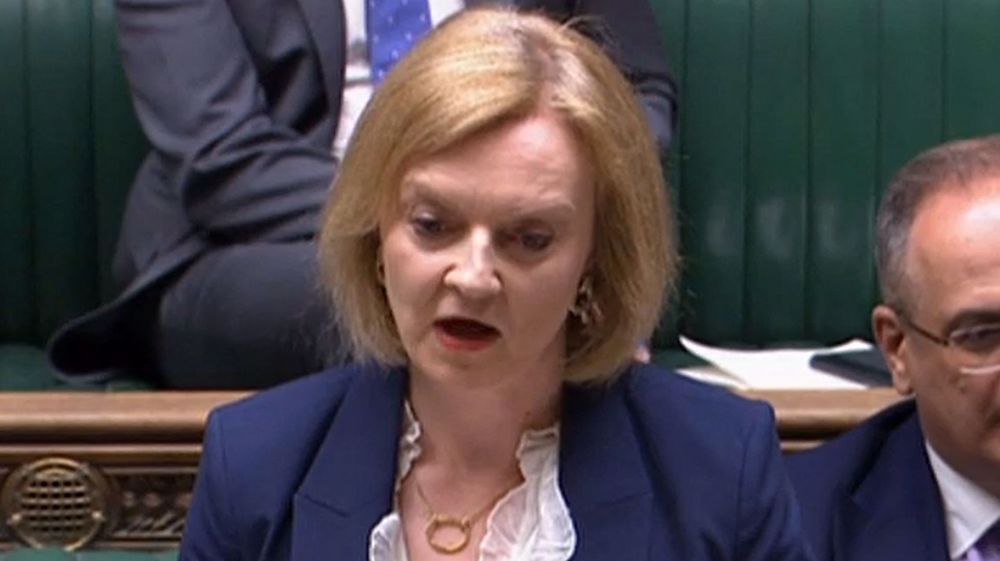
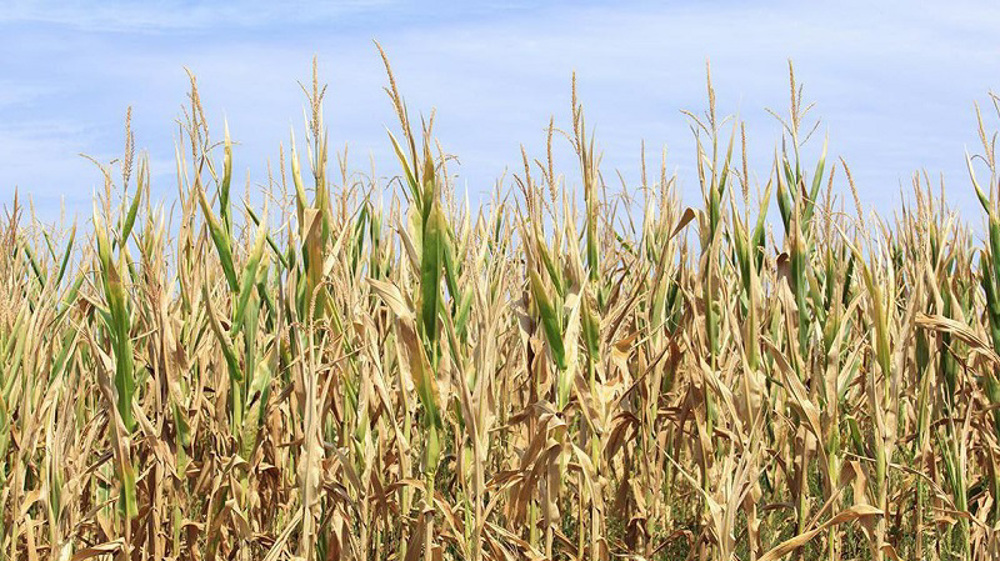
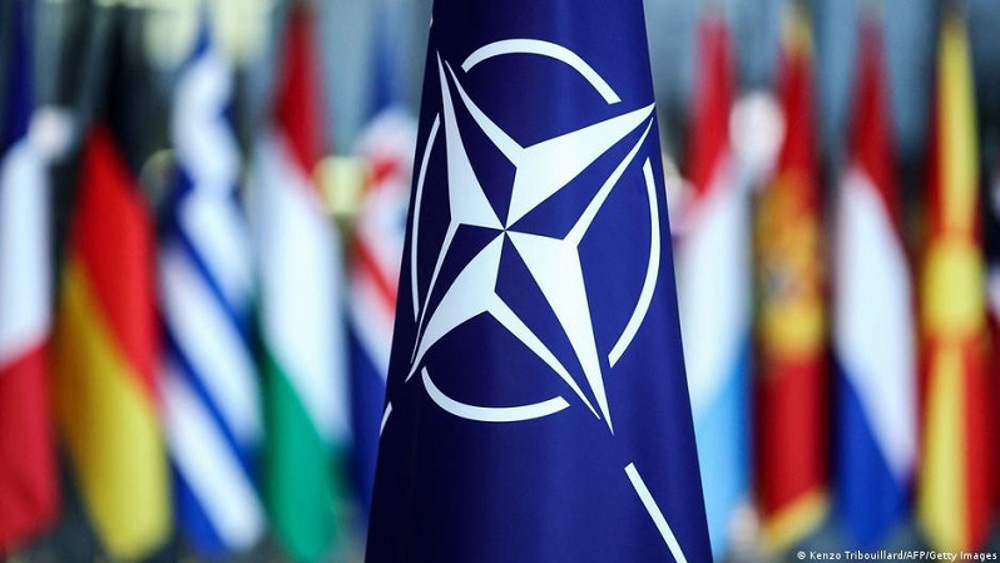
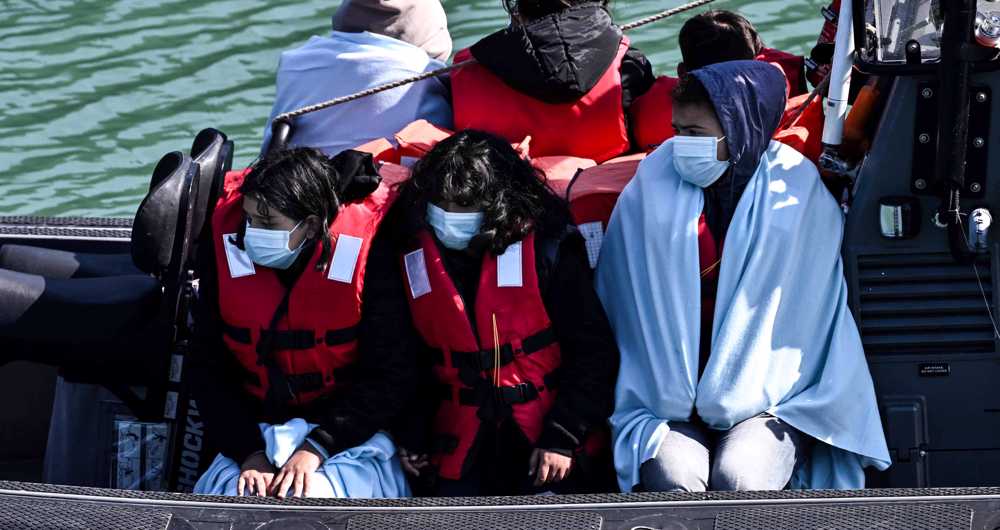
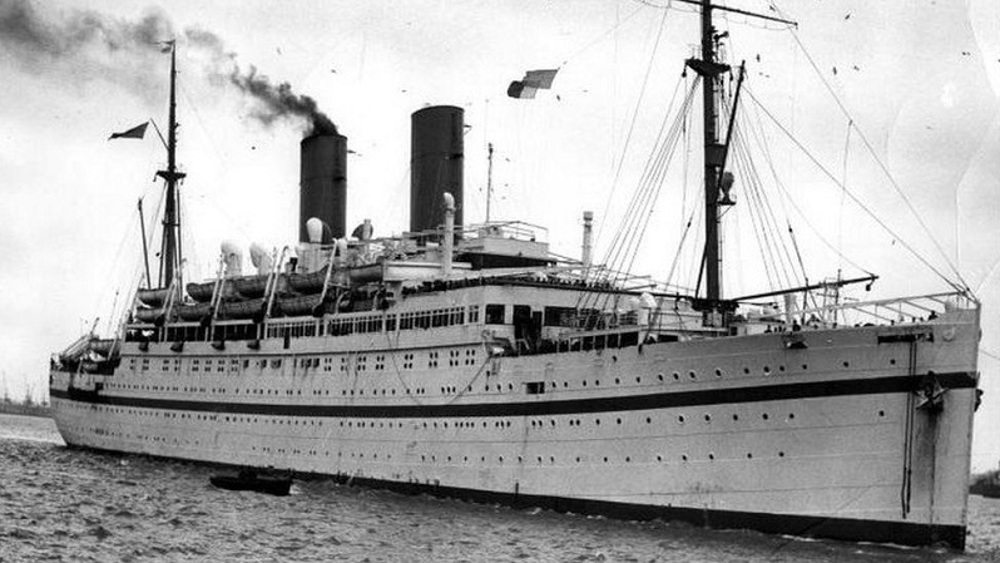
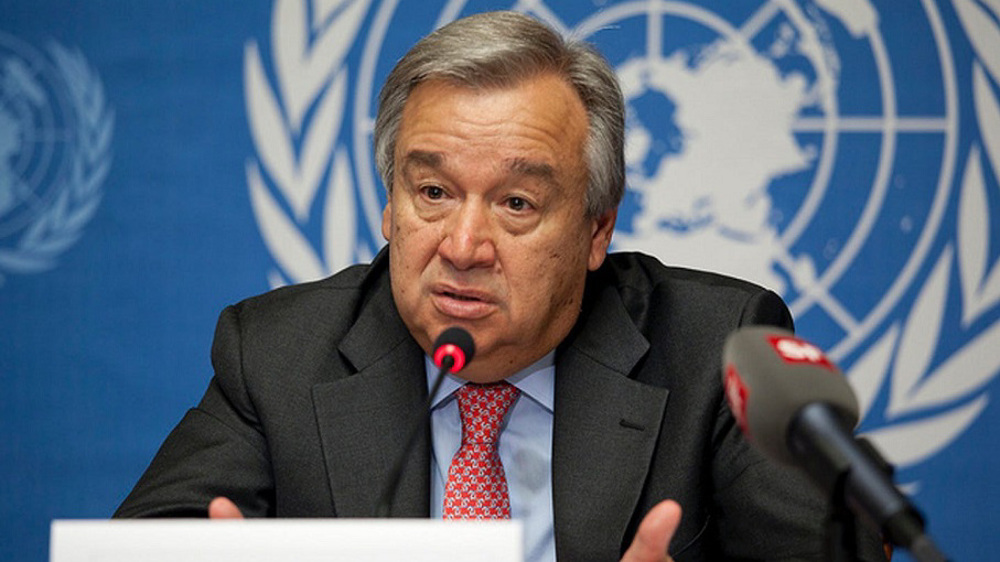
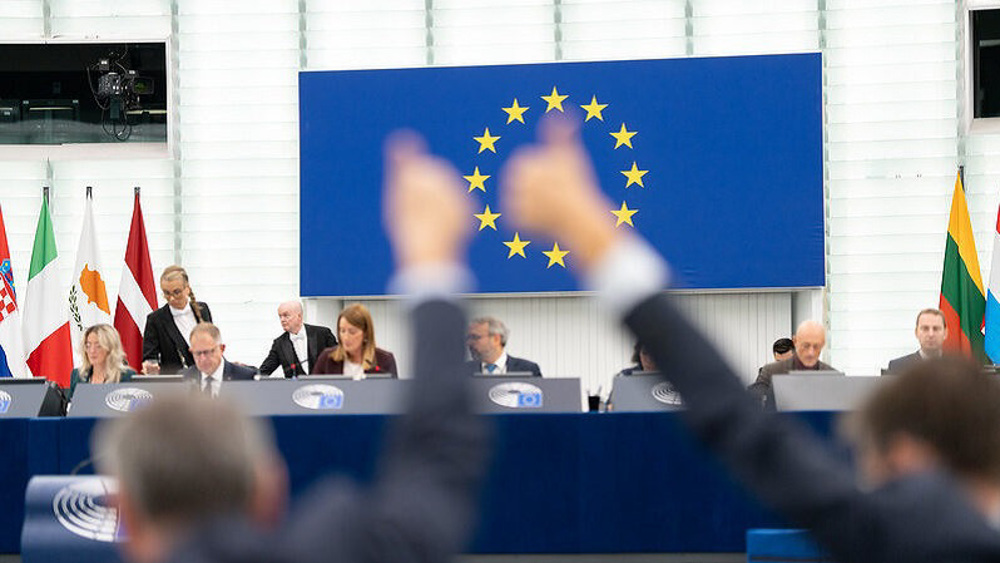
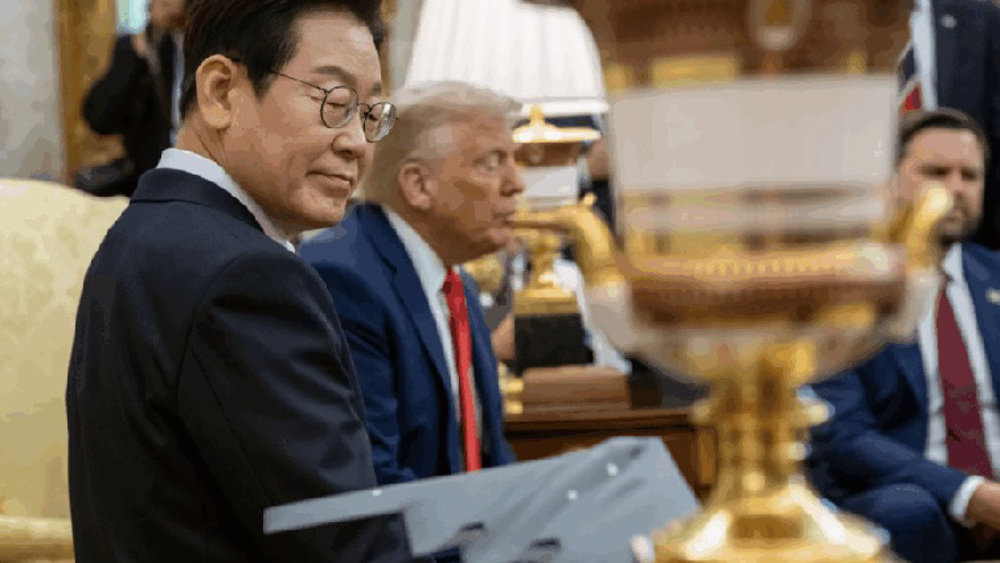
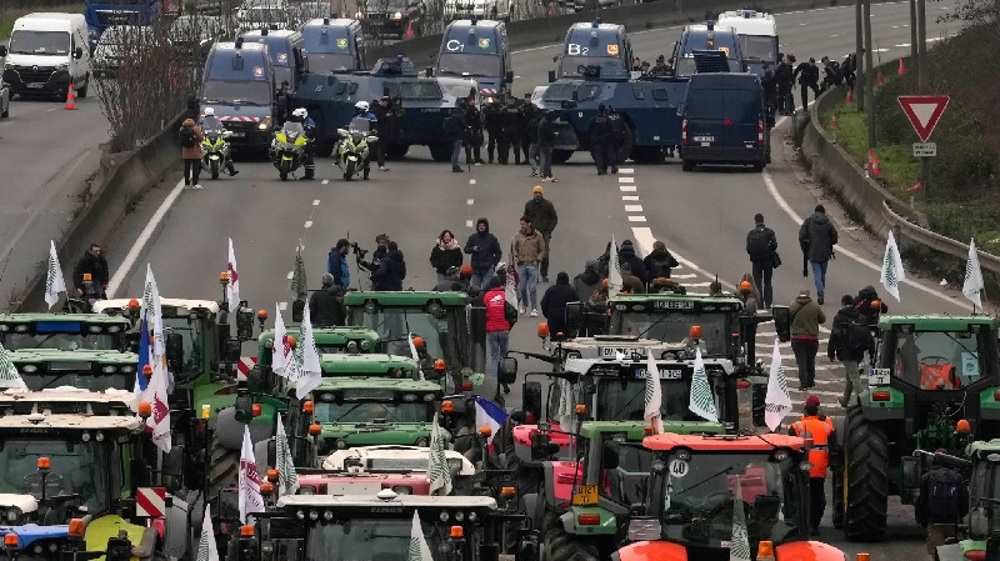



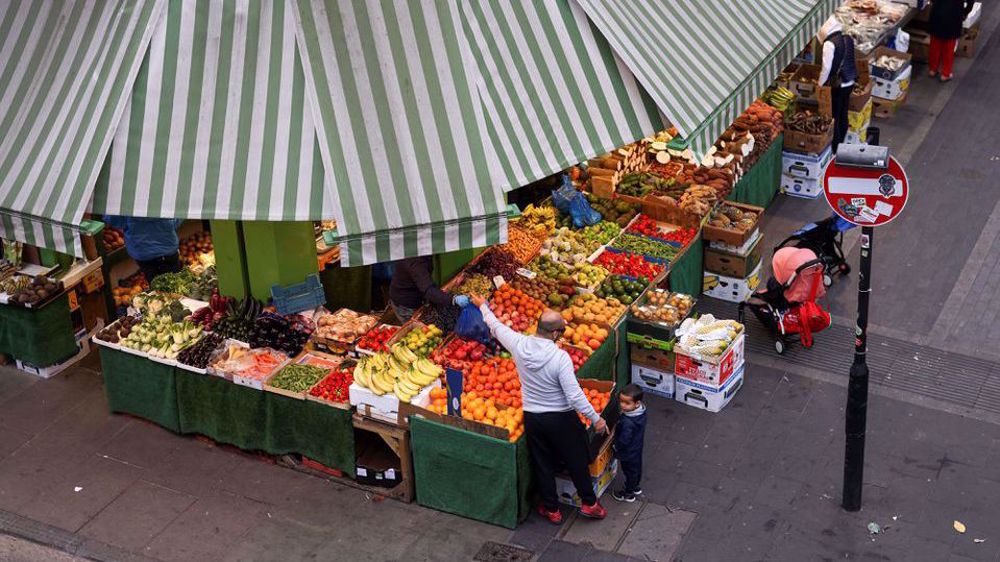
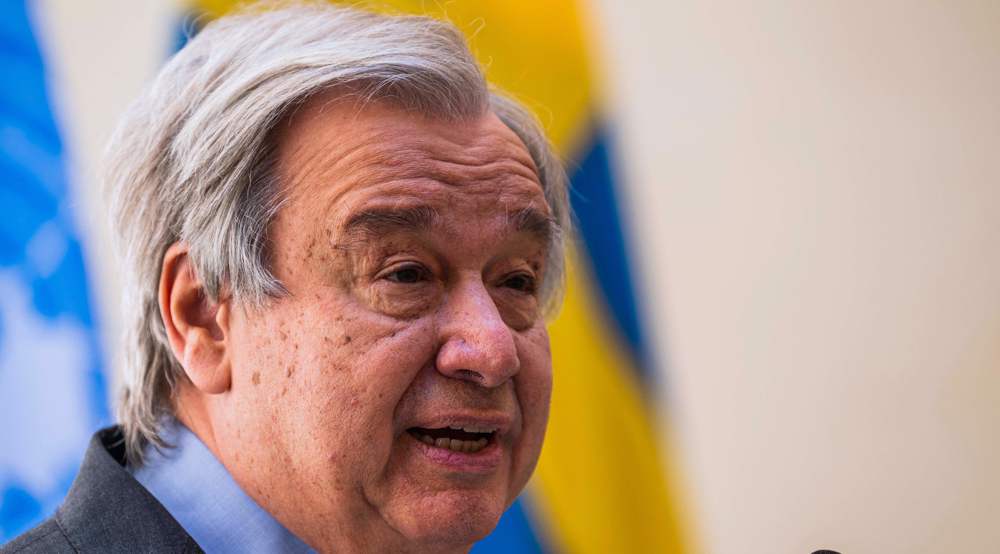
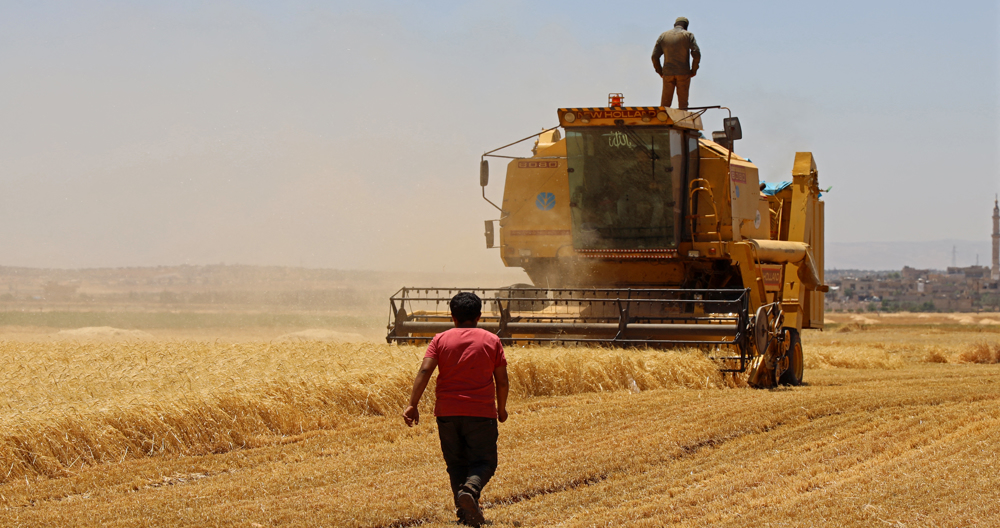
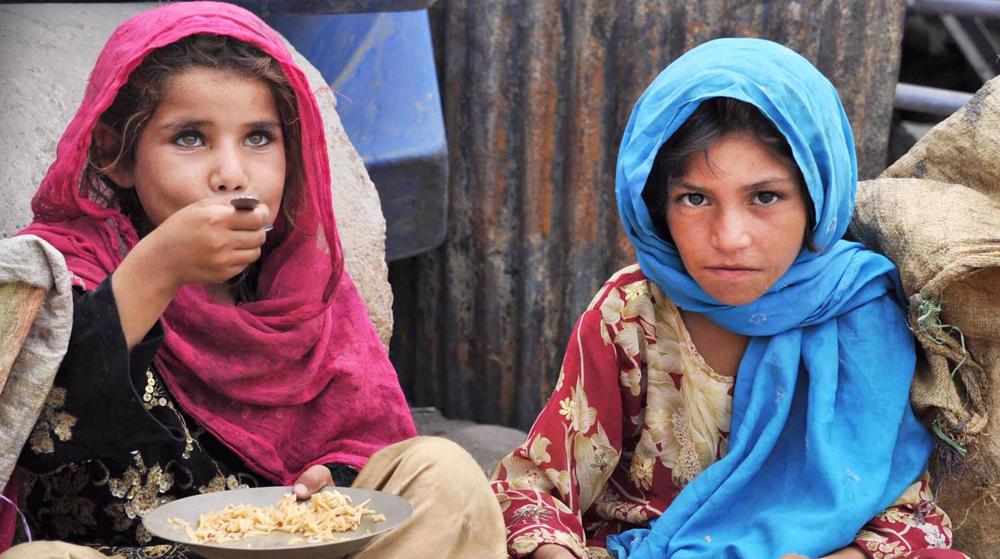
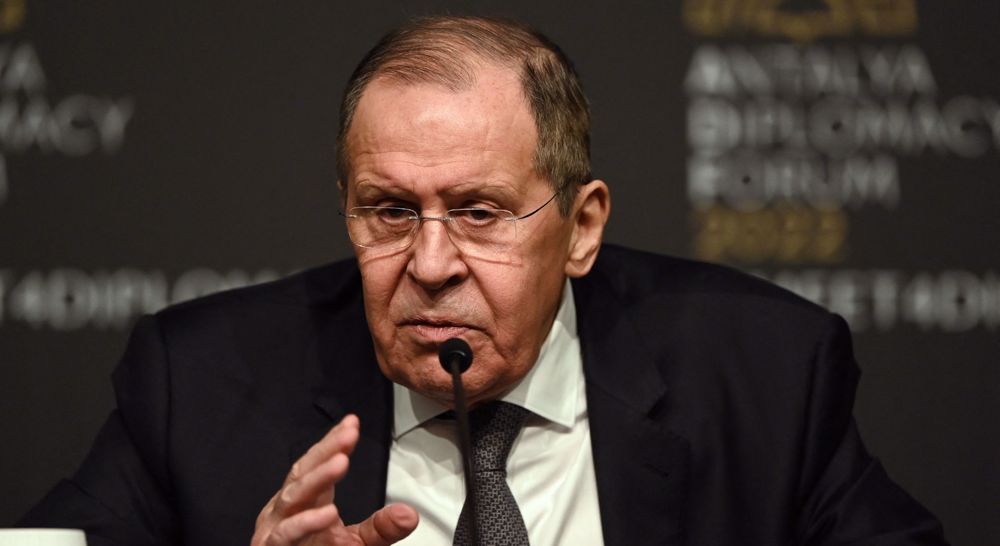
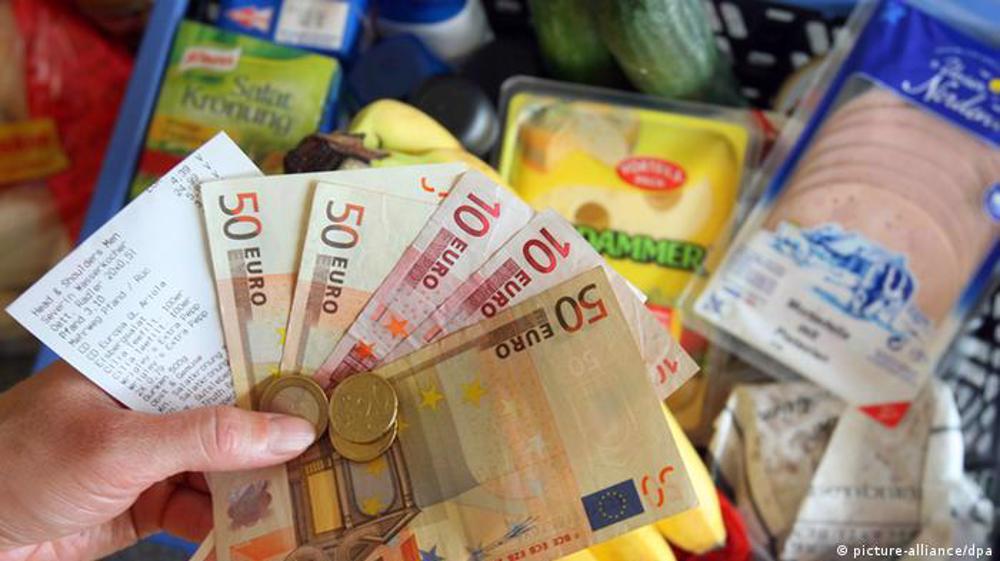

 This makes it easy to access the Press TV website
This makes it easy to access the Press TV website